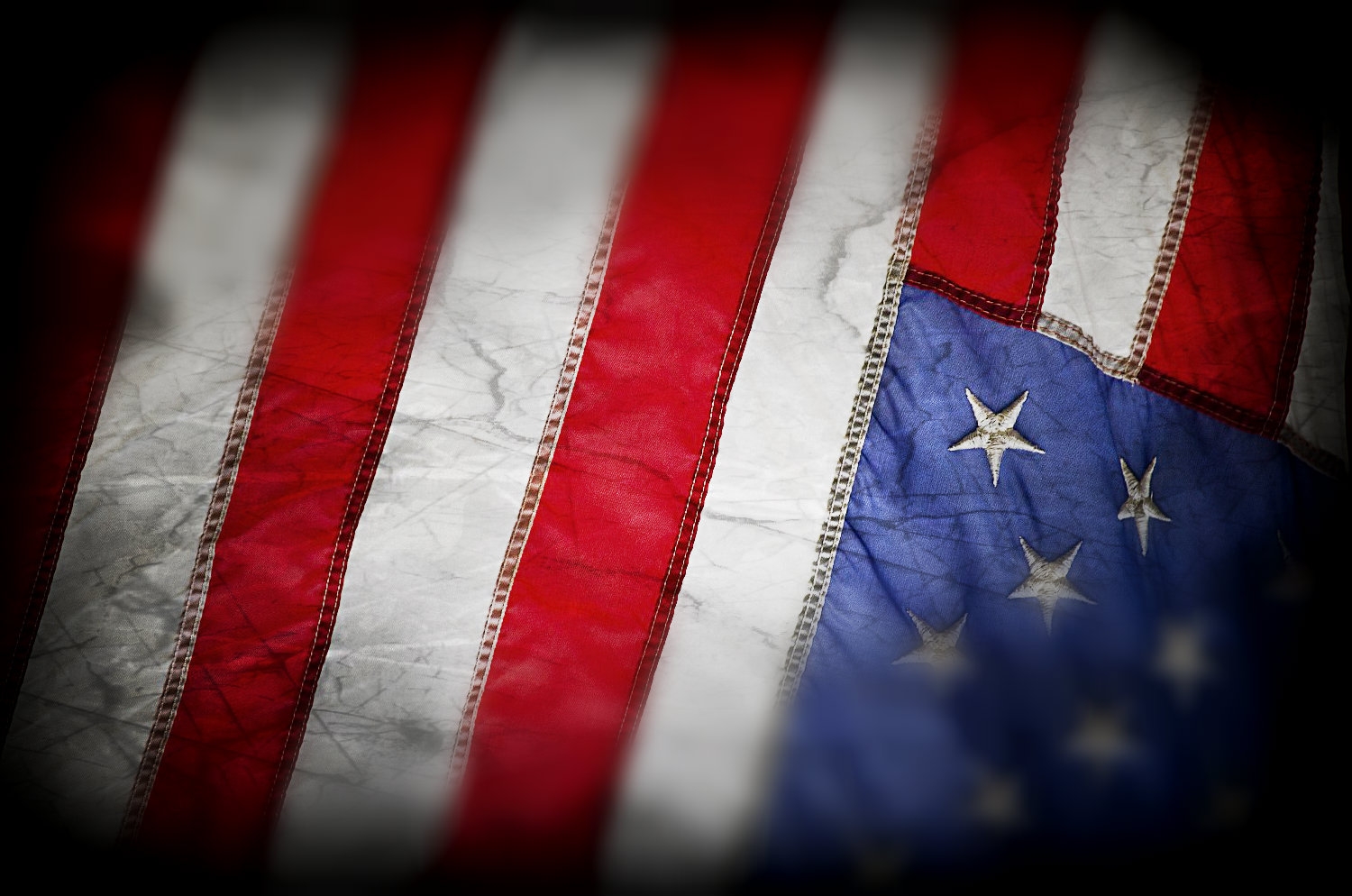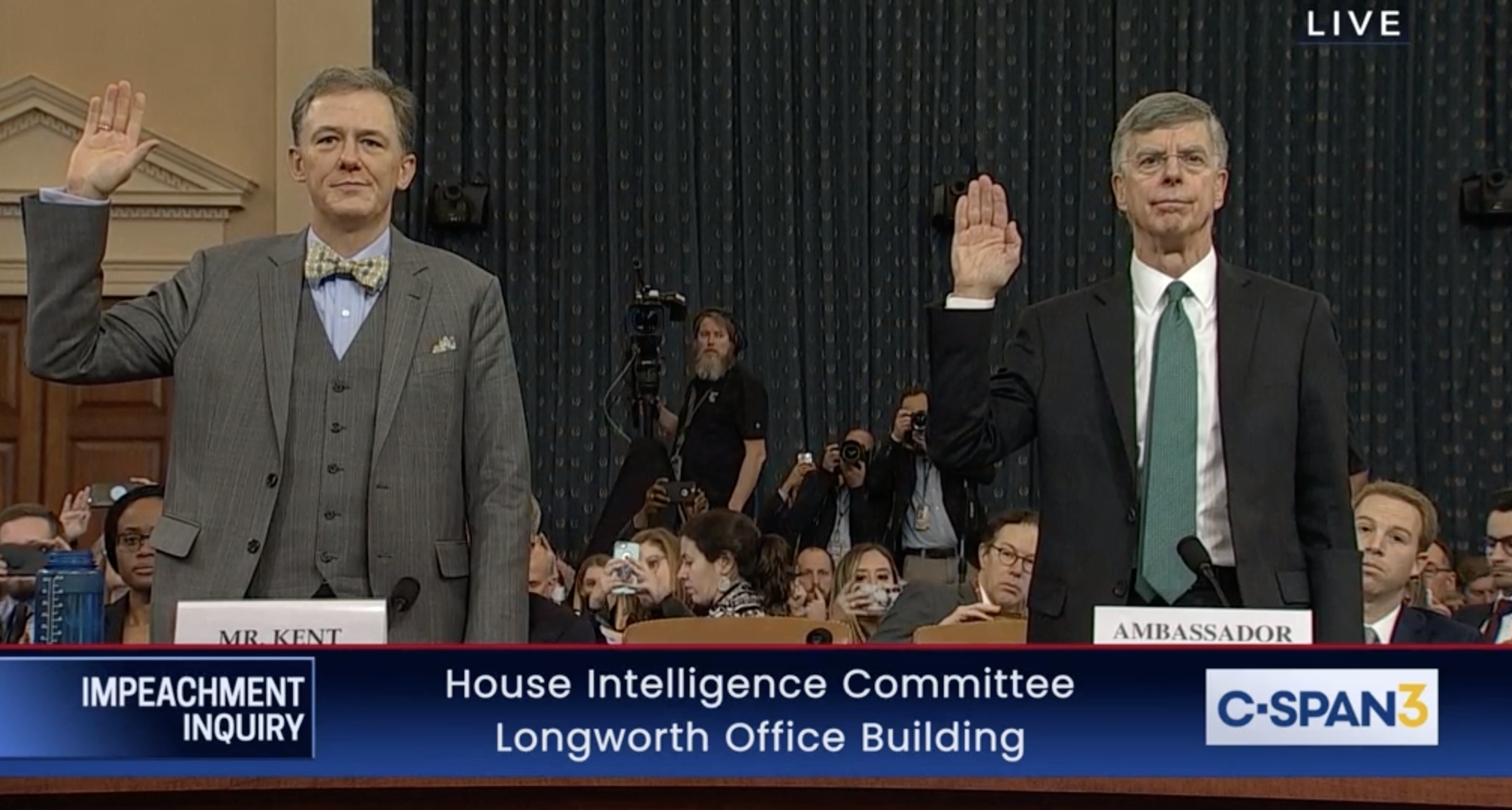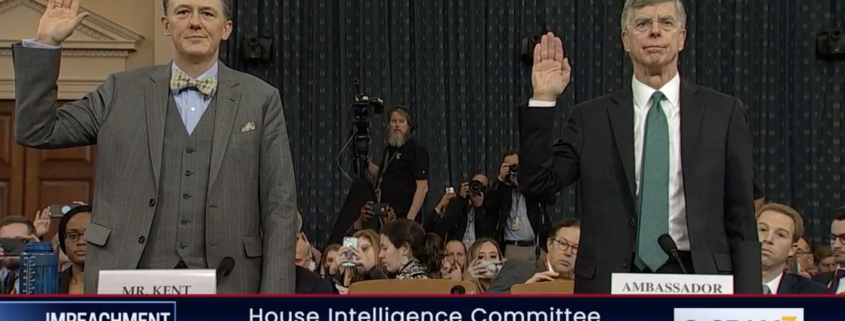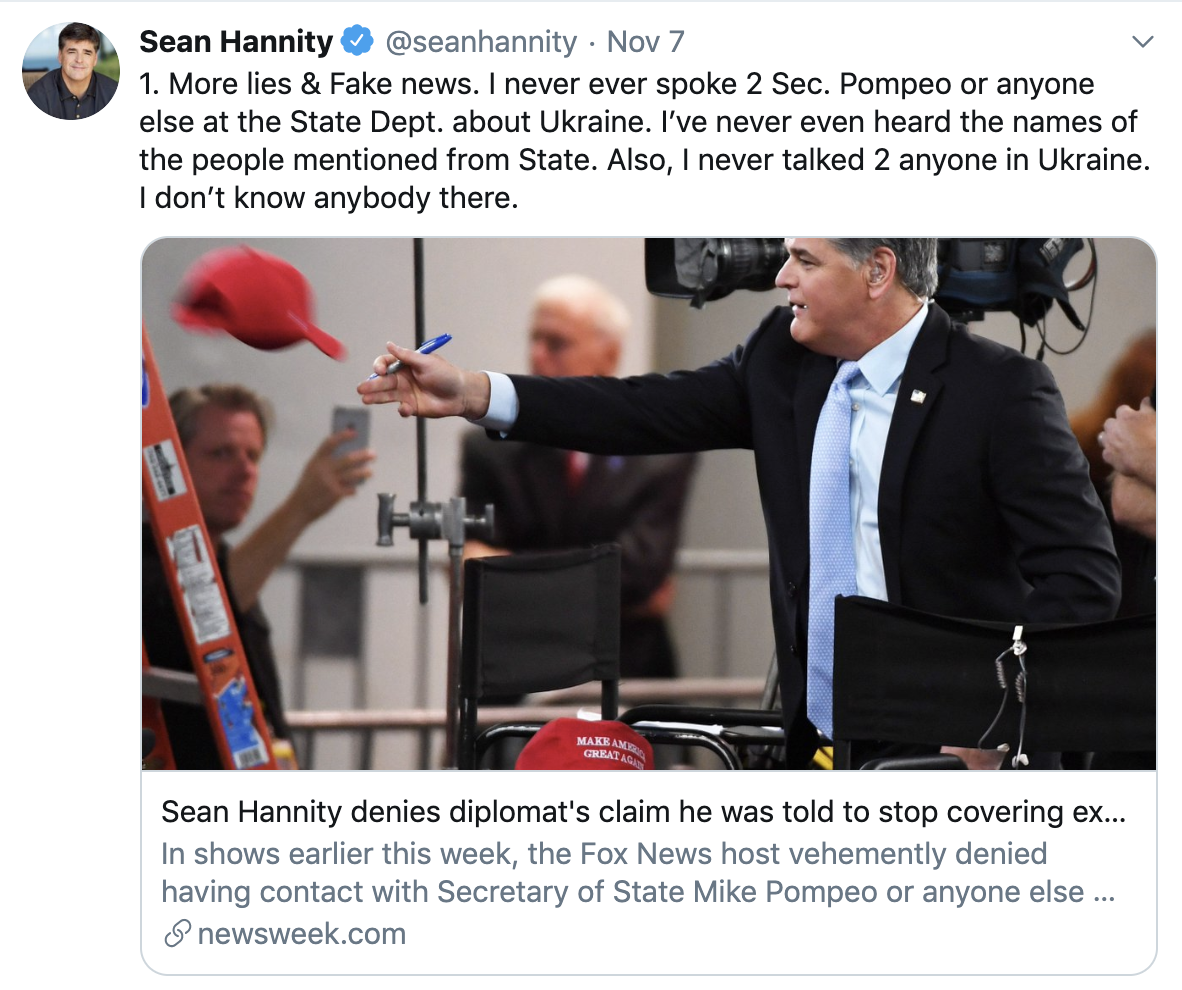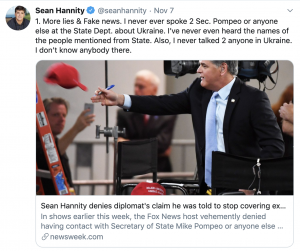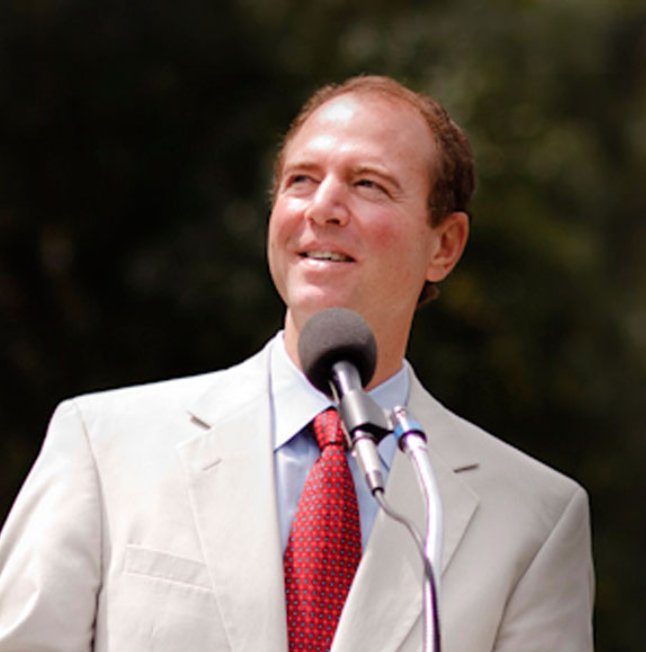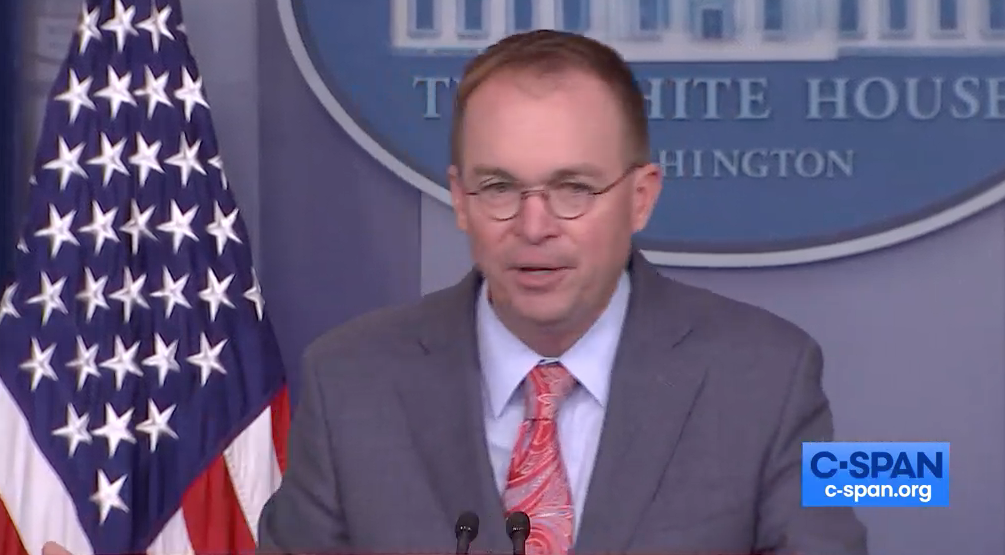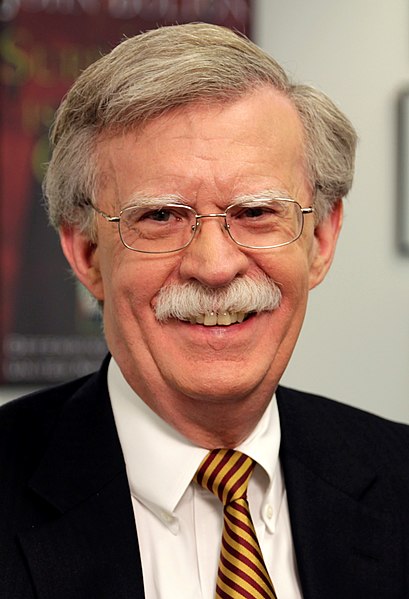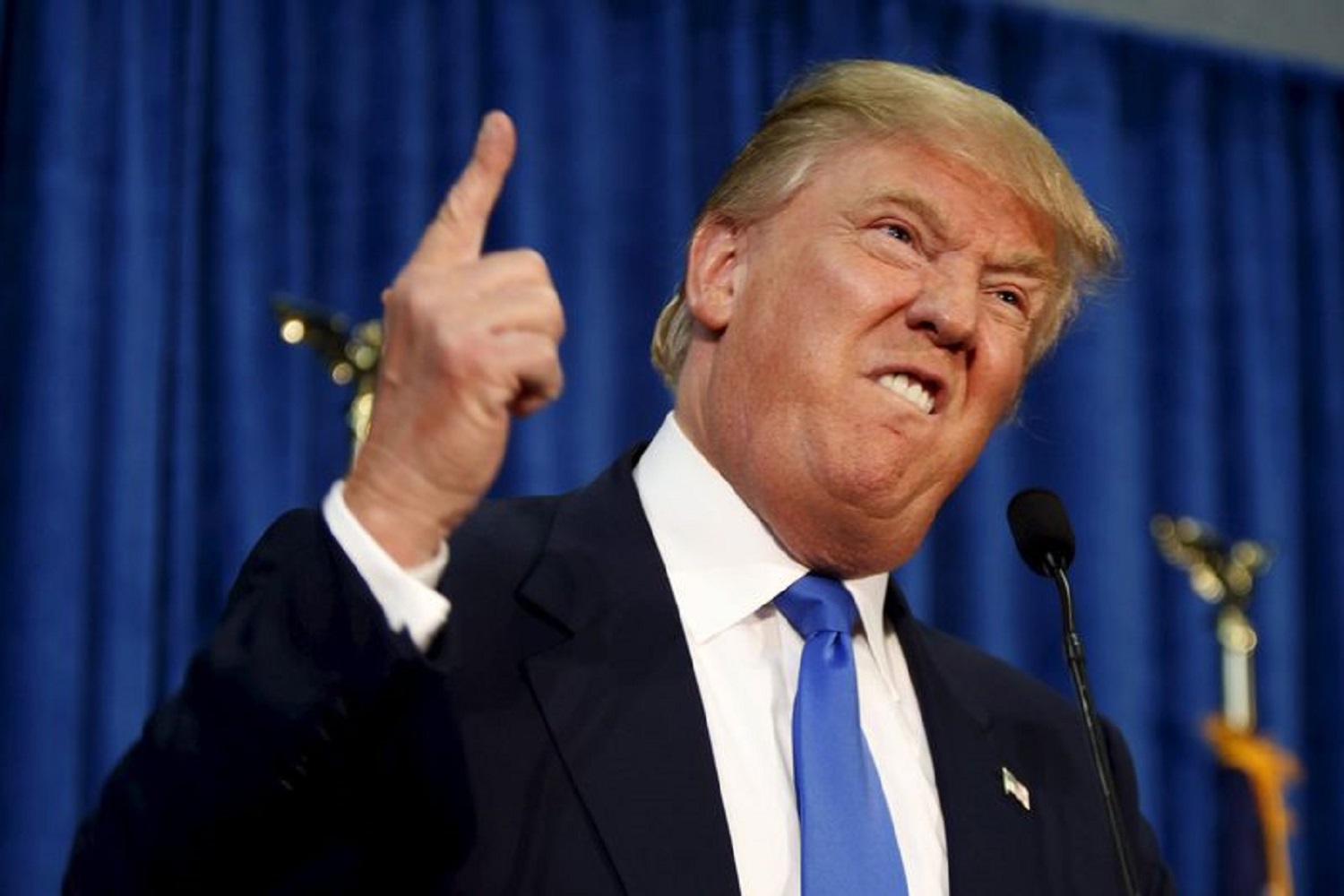The Proper Recipients for Lev Parnas’ Allegations Are the Ethics Committee and SDNY
CNN has a follow-up to Daily Beast’s story describing the jaunt Devin Nunes took to Vienna last December to dig up fabricated dirt on Joe Biden. It describes two things Parnas wants to share with HPSCI. First, Parnas wants to spill details about the Ukrainians, including Viktor Shokin, he set up Nunes with to pursue the Biden smear that has been the centerpiece of Trump’s impeachment defense.
“Mr. Parnas learned from former Ukrainian Prosecutor General Victor Shokin that Nunes had met with Shokin in Vienna last December,” said Bondy.
[snip]
Bondy tells CNN that his client and Nunes began communicating around the time of the Vienna trip. Parnas says he worked to put Nunes in touch with Ukrainians who could help Nunes dig up dirt on Biden and Democrats in Ukraine, according to Bondy.
Parnas confirms something I noted: the timing, between the time Republicans got shellacked in midterm elections and the time Adam Schiff took over as House Intelligence Committee.
Bondy told CNN that Nunes planned the trip to Vienna after Republicans lost control of the House in the mid-term elections on Nov. 6, 2018.
“Mr. Parnas learned through Nunes’ investigator, Derek Harvey, that the Congressman had sequenced this trip to occur after the mid-term elections yet before Congress’ return to session, so that Nunes would not have to disclose the trip details to his Democrat colleagues in Congress,” said Bondy.
Additionally, he wants to describe the “team,” including Rudy, Victoria Toensing and Joe DiGenova, Nunes’ chief conspiracist Derek Harvey, and John Solomon, that got together at Trump International to advance these smears.
Bondy tells CNN that Parnas is also willing to tell Congress about a series of regular meetings he says he took part in at the Trump International Hotel in Washington that concerned Ukraine. According to Bondy, Parnas became part of what he described as a “team” that met several times a week in a private room at the BLT restaurant on the second floor of the Trump Hotel. In addition to giving the group access to key people in Ukraine who could help their cause, Parnas translated their conversations, Bondy said.
The group, according to Bondy, included Giuliani, Parnas, the journalist Solomon, and the married attorneys Joe diGenova and Victoria Toensing. Parnas said that Harvey would occasionally be present as well, and that it was Parnas’ understanding that Harvey was Nunes’ proxy, Bondy said.
Solomon confirmed the meetings to CNN but said that calling the group a team was a bit of a mischaracterization. Solomon said that connectivity happened more organically, and that his role was only as a journalist reporting a story.
A detail Parnas offers that is probably not true is that Nunes was working off John Solomon stories.
Parnas says that Nunes told him he’d been partly working off of information from the journalist John Solomon, who had written a number of articles on the Biden conspiracy theory for the Hill, according to Bondy.
That timing doesn’t work, as the key Solomon stories came out after the December trip. This appears to be an attempt on Parnas’ part to hide his role not just in translating the stories, but concocting them.
The story has generated a lot of excitement among the left, with people calling to give Parnas’ attorneys exactly what they’re looking for, a date with HPSCI.
That would be a mistake.
I say that for several reasons. First, this is part of a larger disinformation campaign, in which Parnas is a key player. He is legally fucked and has little downside to share just part of his information, while leaving the key bits (such as who is behind the larger campaign) obscured. His lawyers no doubt want to wring immunity from HPSCI to screw up the SDNY case.
But thus far, particularly given HPSCI’s narrow focus, Parnas’ story doesn’t help the impeachment case much. Moreover, it risks inserting disinformation into a thoroughly credible story of corruption. More importantly, it would make most Republicans even more defensive, as members of HPSCI came under scrutiny, making it less likely rather than more they’d support impeachment.
Finally, Schiff has gotten nowhere with his demands for the documentary backup to these stories. Thus, HPSCI would be at a distinct disadvantage in trying to suss out what was true and bullshit in Parnas’ claims (in the same way that both HPSCI and SSCI did not have the key details on Don Jr’s involvement in 2016 events, which is why he would meet with them but not Mueller).
The proper place in Congress for these allegations is the Ethics Committee. Schiff has the ability to ask all three staffers and Nunes to step down from the committee until such issues are adjudicated, where they would be pursued in private, tamping down the polarizing aspect of this.
And, too, these allegations also belong in FBI, where they already are, with investigators whose subpoena power actually works. Anything that would undercut that effort would backfire in the long run.

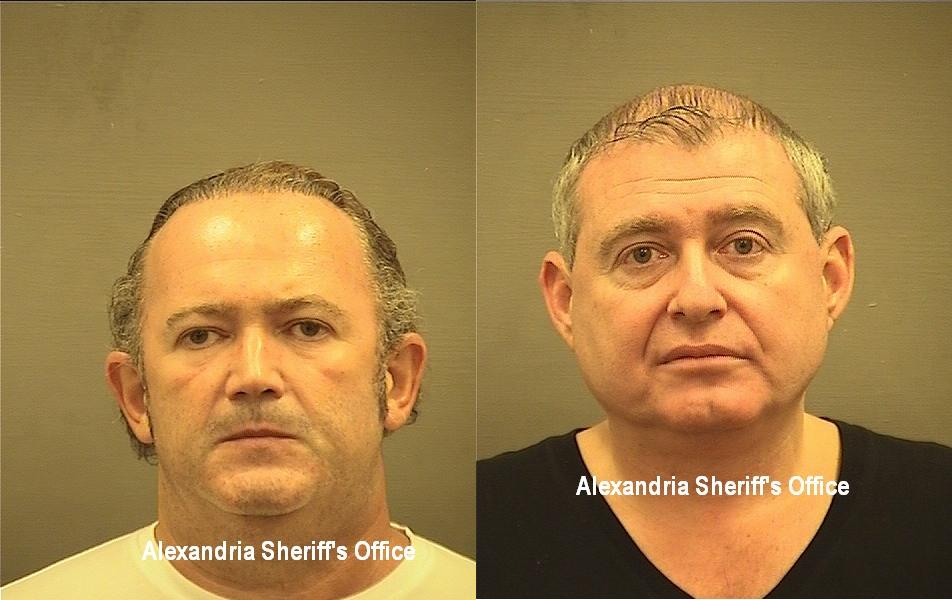
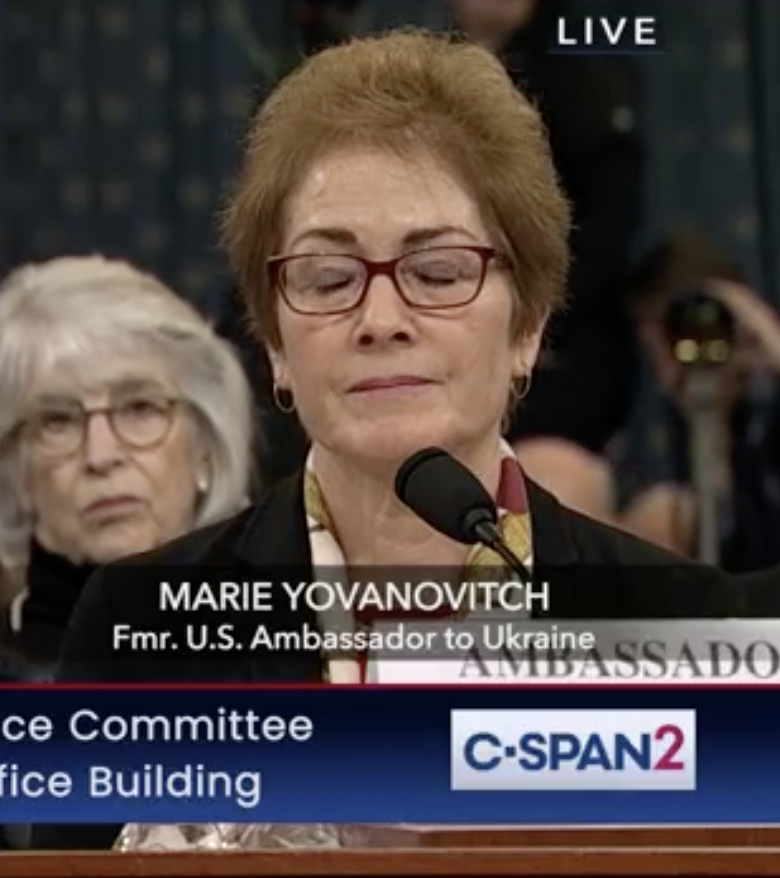
 ‘
‘